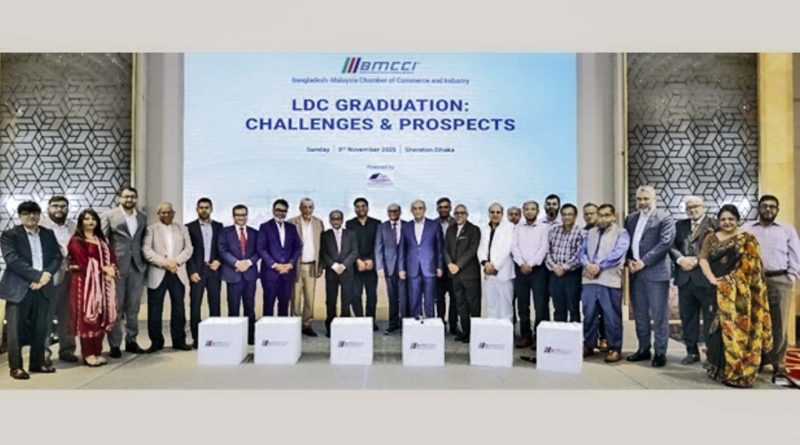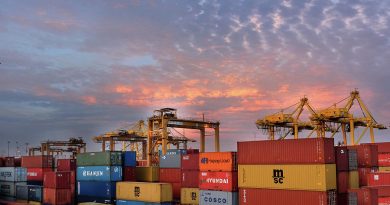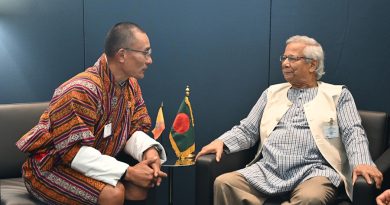Bangladesh’s journey toward graduation from Least Developed Country (LDC) status in 2026 demands urgent policy action, strong institutional reforms, and greater trade preparedness, economists and business leaders have warned.
Speaking at a seminar on “LDC Graduation: Challenges & Prospects,” organised by the Bangladesh-Malaysia Chamber of Commerce and Industry (BMCCI) in Dhaka on Sunday, they cautioned that both internal and external vulnerabilities could undermine the country’s competitiveness after graduation unless tackled swiftly.
Commerce Secretary Mahbubur Rahman said the government has sought a United Nations General Assembly (UNGA) assessment of Bangladesh’s readiness for graduation. He added that Dhaka is in active discussions with partners like Canada, Australia, Japan, and South Korea to secure continued market access beyond the EU and US.
Economist Dr Zaidi Sattar, Chairman of the Policy Research Institute (PRI), warned that Bangladesh’s graduation comes amid global economic turbulence marked by protectionism, rising nationalism, and declining globalisation. Domestically, he said, exchange rate volatility, inflation, and high interest rates are eroding investor confidence.
He suggested Bangladesh consider seeking a deferral of graduation, an option available under UN rules, given the challenging economic conditions.
Former BGMEA president Faruque Hassan said graduation should not become a “penalty for success.” He called for coordinated efforts to reduce energy costs, improve port efficiency, and cut lending rates to sustain export competitiveness. He also urged faster diversification into new products and markets and the pursuit of free trade agreements (FTAs) with key economies.
Anwar-Ul-Alam Chowdhury (Parvez), President of the Bangladesh Chamber of Industries (BCI), said high operational costs and persistent financial instability are weakening industrial competitiveness. “Banking inefficiencies, logistics delays, and unreliable energy supply remain major bottlenecks,” he said.
Dr Abdur Razzaque, Chairman of the Research and Policy Integration for Development (RAPID), advised using the post-graduation grace period—such as the three-year extension offered by some partners—to build resilience, not merely to preserve privileges. “Our global trade environment is shifting rapidly; any extra time should help Bangladesh weather the storm better,” he said.
Meanwhile, Dr Khondaker Golam Moazzem of the Centre for Policy Dialogue (CPD) offered a more positive outlook, saying Bangladesh is “structurally ready” for graduation. He called it a “transformational shift” rather than a symbolic one and urged the private sector to treat it as a chance to enhance productivity and competitiveness.
In his keynote, Dr Selim Raihan of the South Asian Network on Economic Modeling (SANEM) warned that Bangladesh’s export dependence on ready-made garments (RMG) poses the biggest post-graduation risk. The loss of duty-free, quota-free (DFQF) access could cost the country billions in export earnings and strain foreign reserves.
He also pointed to deeper structural flaws — from weak tax collection and fragile banking governance to limited foreign investment — often sustained by “entrenched rent-seeking networks” among political, business, and bureaucratic circles.
Experts agreed that Bangladesh’s next phase of development hinges on how effectively it uses the remaining time before graduation to reform, diversify, and modernise its economy — ensuring that LDC graduation becomes a milestone, not a stumbling block.






